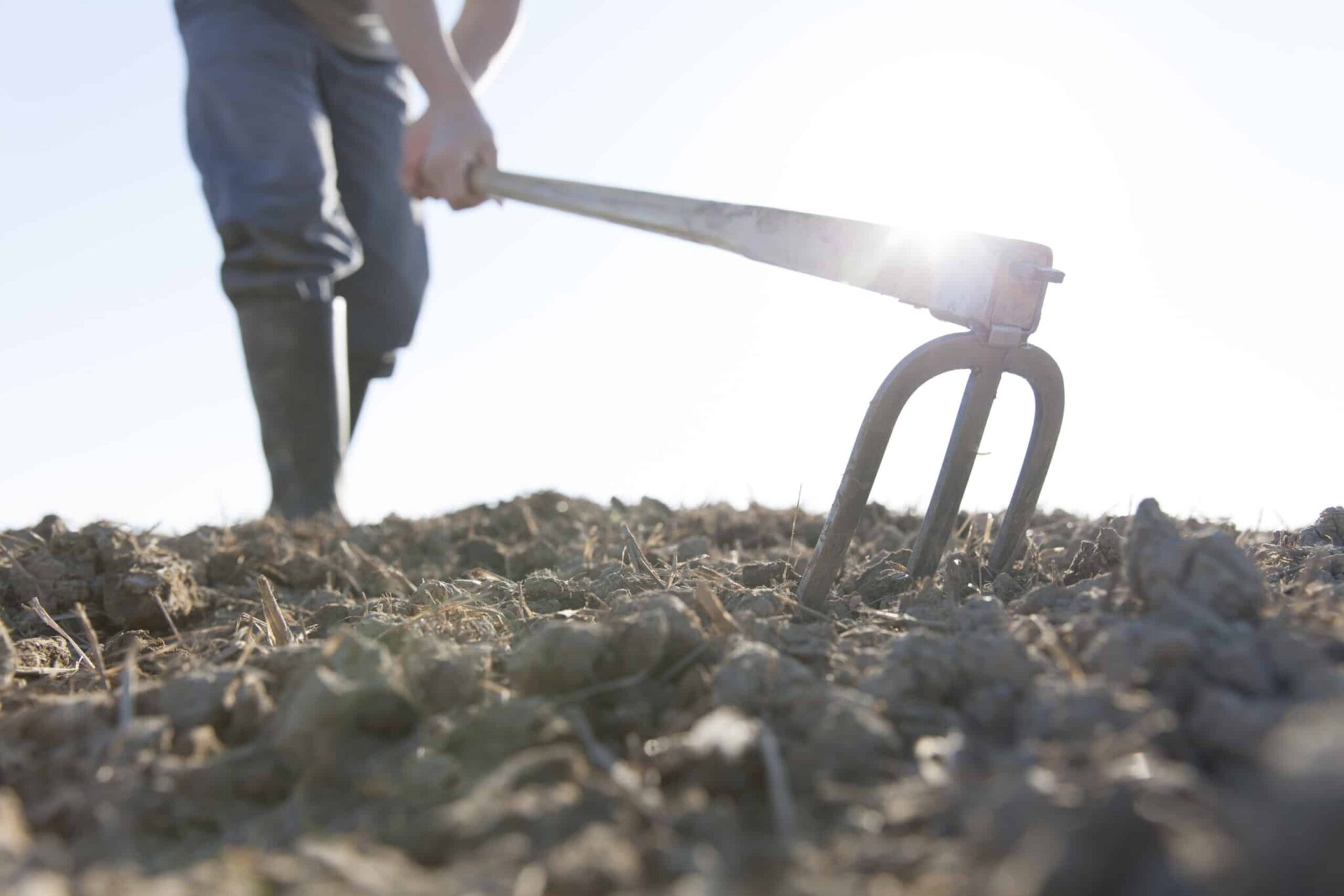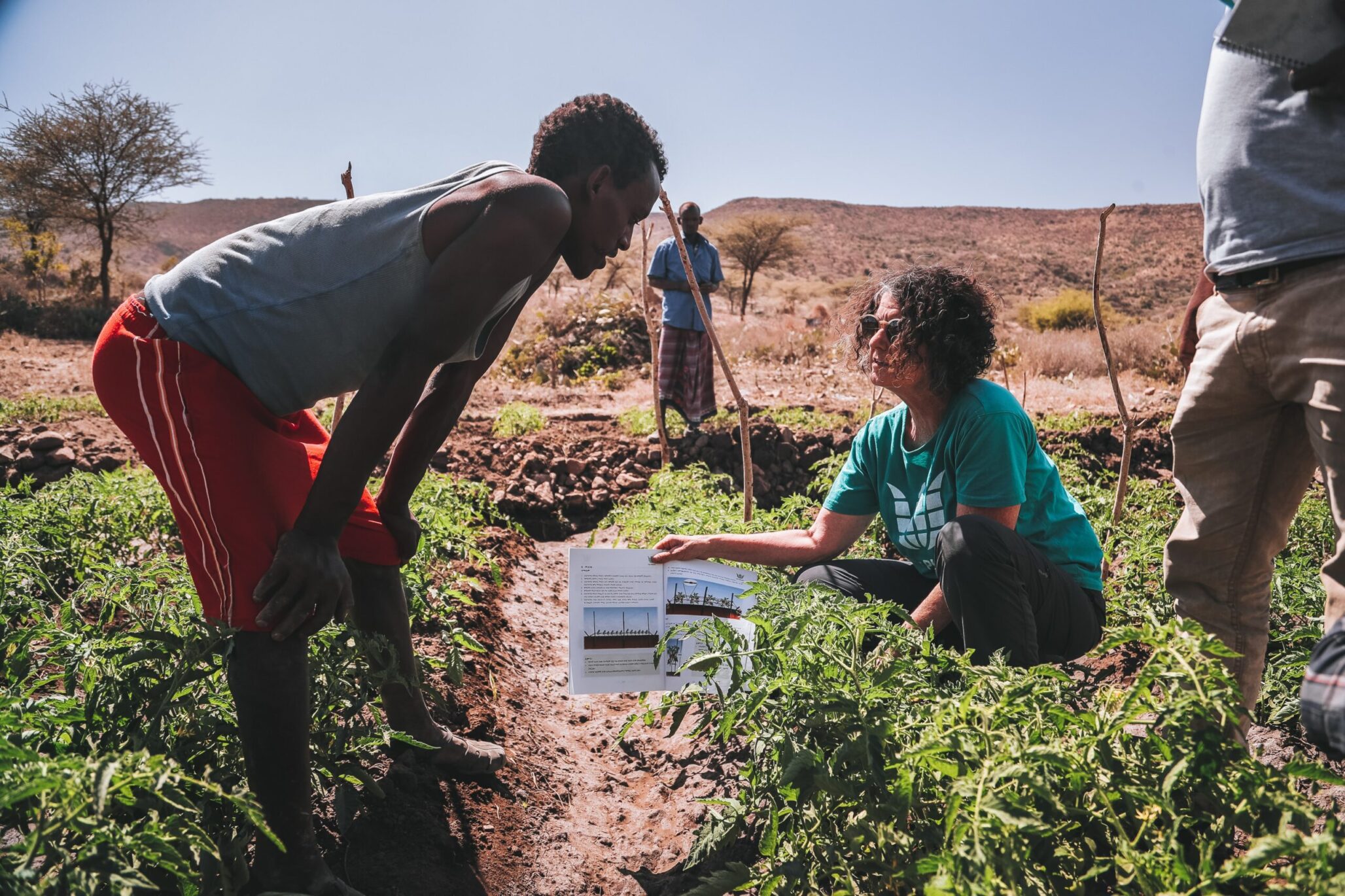After forming the partnership, it really came down to finding the perfect location to launch the joint venture for ISF and Fair Planet’s Seed Resilience project.
Ultimately, ISF and Fair Planet decided one of the best options for the project location was Rwanda.
“Rwanda is characterized by a wide range of agro-climatic conditions with diverse cultural and farming practices. Agriculture is an important basis for the country’s socioeconomic structure and has a major influence on all the other economic sectors,” Shoshan Haran, founder and president of Fair Planet, says. “The farming system at small scale farmers’ level is mostly traditional and managed with simple production technologies and the average yield of the major crops is very low.”
With high-quality seeds developed for more diverse conditions — think drought resistance, disease tolerance and higher yield — Haran believes the project will be able to find suitable varieties to increase local farmers productivity and income.
But, it’s not solely focused on the environmental conditions. Some of it has to do with the regulations and openness of the Rwandan government.
“The Rwandan government is eager to apply innovations and up to now, access to high-quality seeds has not really been addressed by the government or by international aid organizations,” Haran adds. “During a recent meeting with Gerardine Mukeshimana, Rwanda Minister of Agriculture, she expressed the importance of collaboration on the seed system and extension services, to help smallholder farmers to be successful in their farming activities.”
That means, there’s an eagerness present to help get farmers the best innovations they need to improve their livelihoods.
Finally, the last reason Haran sees Rwanda as a wonderful opportunity for the project was due to its export opportunities. Currently, Rwanda is exporting some agriculture produce to their neighbor, the Democratic Republic of Congo (DRC) — only a portion of the land in DRC is arable and cultivated.
“Rwanda has a very high potential to become a significant exporter of crops to DRC, one of the world’s largest countries with more than 95 million people,” she says, adding that for the Seed Resilience project, they’re looking to empower farmers and give them the best possible future after the intervention is completed.
After choosing the right location, it’s about finding the right varieties for the growers. Though this can be a time-consuming part of the project, finding the market’s preferred seeds and the seeds that work best in the smallholder farmers’ environment is crucial to setting them up for success.
“We will focus first on identifying market needs and preferences for specific crops,” Haran says. “Let’s take a tomato for example: does the market prefer oval or round tomatoes? What is the preferred fruit size?”
Though private breeders might think and breed for yield, Haran says that the yield is a result of many traits, including potential productivity, resistance to locally prevalent pests and diseases and climate adaptability.
“Based on this information, specific product profiles will be developed for each of the selected crops and shared with the partner seed companies,” she says.
In addition, Haran says they’re working to identify what crops Rwandan farmers need to grow to complement other locally grown foods.
“Rwanda needs cereals and grains to complement other foods grown locally. Out of the country’s total food production per year, only 6% are cereals and Rwanda is a net importer of grains and grain seeds,” she says. “Production gaps per hectare are significant: for rice, wheat and potatoes the yield gaps are 37%, 43% and 50%, respectively, compared to the world average, and even less when compared to advanced markets.”
Rwanda also has a very low vegetable consumption rate, which leads to low vitamin and fiber consumption in their diets. Looking into vegetable varieties that perform well in the environment will help fill out their diets.
To test some of these seeds — from locally important varieties to high-quality seeds provided by seed companies — Fair Planet will be hosting open field day trials to showcase what they’re finding.
According to ISF’s international agriculture manager, Hélène Khan Niazi, this not only gives smallholder farmers a chance to see the varieties in action before trying them themselves, but it also allows Fair Planet to provide some education prior to planting.
“We already have two facilities in Rwanda provided by the Ministry of Agriculture and Rwanda University — we’ll work both in open fields and protected conditions, where all the farmers can come and see the results of the varieties adapted to their local farming conditions,” Haran says.
That also allows Fair Planet to gauge a few different things — though those high-quality seeds might be proven to work exceptionally well in some areas of the globe, they might not work as well as the important, local seed varieties.
“In all our projects, and definitely in the Rwanda Seed Resilience one, we include local seeds that are available to farmers, and compare them to imported seeds,” Haran says. “What really matters to farmers, either smallholders or large-scale ones, is the suitability of the seed varieties to their farming conditions and their potential to generate high net income. Availability is also key and we are working with local seed dealers to improve the choice farmers have.”
After the trialing phase, Fair Planet moves onto the training phase, where they teach lead farmers how to use the seeds through weekly visits to their own fields with their local Extension officers. That’s where teaching about GAP comes in.
Finally, once farmers succeed in turning farming into a sustainable and reliable income source and a critical mass of trained and knowledgeable local professionals is reached and takes full ownership for continuing the training process, Fair Planet leaves the region, as already been accomplished in its first intervention region in Ethiopia.
“This is also a key point for ISF,” Khan Niazi says. “We are not looking for short-term solutions which keep farmers in a dependent state. We really wish farmers and all the agro-business to be able to make a living out their work. Our aim is to help build a sustainable system.”
“We believe that farmers in Africa should have the freedom to choose from a wide selection of seed options, like any farmer in the developed world,” Haran adds.
Editor’s note: This is part two of our piece about ISF’s Seed Resilience project. Stay tuned for part three.











